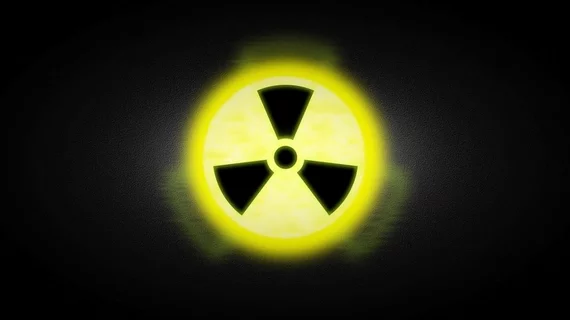Medical isotope update: Shortage expected to last weeks as nuclear reactor remains sidelined
The Nuclear Medicine Europe Emergency Response Team has provided an update regarding last week’s unplanned outage of medical isotope production that occurred after authorities spotted a problem with a high-flux (HFR) reactor in The Netherlands.
Endoscopic inspections performed at the HFR in Petten revealed “strong” evidence of where the cooling system leak started, and the team will be considering various options for restoring full functionality throughout this week. But they expect medical isotope shortages to last through much of February.
“Some shortages of Mo-99/Tc-99m will be inevitable until approximately a week after the BR2 resumes operations on Feb. 12,” the Nuclear Medicine Europe Emergency Response Team said in a Jan. 31 statement. “Reports also indicated some impact on both Lu-177 and I-131 availability.”
Last week, the HFR was shut down due to a water leak in the reactor beam’s cooling system. And as of Jan. 31, the production of Mo-99 and Lu-177 still has not resumed.
In the wake of the supply disruption, other reactors have stepped up medical isotope production to assist during this time of need. Poland’s research reactor, Maria, began producing Mo-99 immediately following the announcement that the HFR in Petten was temporarily shut down.
Although the radioisotope production assistance from other research reactors will help to lessen the impact on the supply chain, the European team still expects temporary shortages.
The emergency response team will be releasing an update on Feb. 7.
You can read the full statement here.
Related Radiotracer Isotope Shortage News:
Netherlands nuclear reactor has resumed operations after unplanned outage
Medical isotope shortage looms as 'unplanned' outage halts Mo-99, Lu-177 production
University's research reactor increases medical isotope production in wake of supply disruption
Texas A&M University to lead isotope R&D trainee program with $2 million grant
University's research reactor increases medical isotope production in wake of supply disruption
One chemistry professor's role in increasing radioisotope production in the U.S.
NorthStar breaks ground on isotope facility, moves toward doubling domestic Mo-99 supply
Isotope update: Target date for resuming production of Mo-99 still unclear
Wisconsin company to begin producing medical isotopes next year
Isotope shortage update: Target restart date for downed reactor has been set
Nuclear reactor in Poland steps up to address Mo-99 shortage
Medical imaging isotope producer Shine finalizes merger with fusion technology specialist
SHINE gains exclusive license for Lu-177 radioisotope production

